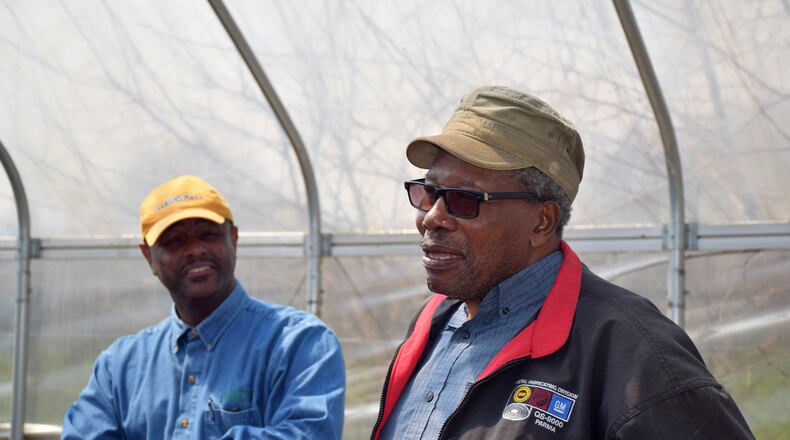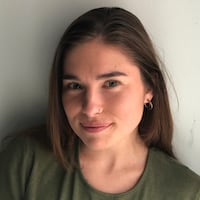The two-day event is free and open to the public, however, attendees need to register for "Black Farming: Beyond “40 Acres and a Mule” on eventbrite.com.
Friday at 4 p.m., there is a limited in-person, four-stop tour of the CSU Seed to Bloom Botanical and Community Garden, Aquaponic Demonstration Center, Research and Extension Farm and the CSU Bee Yard and Soil Health Area. There will also be breakout sessions throughout the conference, networking, a resource fair and more.
All other conference programming begins Friday at 7 p.m. and resumes Saturday morning at 10 a.m.
Pre-coronavirus, the conference was originally planned to be held at The National Afro-American Museum and Cultural Center in Wilberforce. However, the center’s assistant director, Jerolyn Barbee, will still give the virtual conference’s opening remarks Friday evening.
Committee members have been planning the conference for the past year but needed to move the conference online when the COVID-19 pandemic hit. More than 500 people from all across the U.S. are registered for each day, according to conference committee member and Antioch College student affairs coordinator, Ariella Brown.
“People of African descent have a long agricultural tradition,” stated the conference’s website. “In spite of their forced farm labor under chattel slavery in the Americas, in emancipation most African-Americans returned to this tradition as independent farmers or sharecroppers.”
According to the Economic Contribution of Agricultural and Food Production to the Ohio Economy report, in 2015, agriculture and food production contributed to $1 in every $13 of Ohio’s gross state product, and one in eight Ohio jobs.
“When people think of agriculture, they think of being in the fields, hard labor,” Brown said. “But there’s so much more to agriculture than just planting a seed. Think of food science, think of agriculture business, just the entire business community — there is agriculture tied to that. So say you want to start just a small farming operation (and) you don’t have startup funds, how do you get started?”
Conference attendees will learn about grants available, local organizations that can assist in the startup process and more.
The weekend’s keynote speakers are Anna-Lisa Cox, author of “The Bone and Sinew of the Land: America’s Forgotten Black Pioneers and the Struggle for Equality” and state conservationist, Terry Cosby of the Natural Resources Conservation Service.
Other speakers include Antioch College associate professor of history Kevin McGruder and president of the Federation of Southern Cooperative Cornelius Blanding.
About the Author

